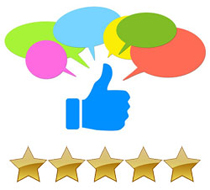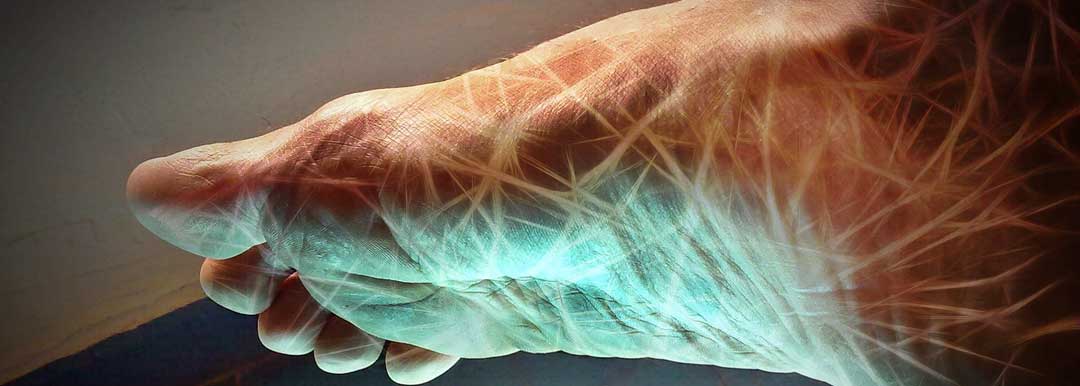
NEUROPATHY TREATMENT FOR FOOT NERVE PAIN
Neuropathy is defined as a functional disturbance or pathological change in the peripheral nervous system.1 Symptoms of neuropathy include sensory loss, muscle weakness and atrophy, and pain. Etiologies of neuropathy include trauma, infection by micro-organisms, drugs, nutritional deficiency, metabolic disorders, malignancy, and unknown causes.2
The Foundation for Peripheral Neuropathy reports that 40 million Americans struggle daily with peripheral neuropathy. Initial symptoms typically involve numbness in the feet or hands and may affect other parts of the body such as internal organs. Over time the person can experience sensations of burning, freezing, throbbing or even shooting pain that’s often worse at night. According to the Foundation, the pain can be either constant or periodic, but usually the pain is felt equally on both sides of the body — in both hands or in both feet.3
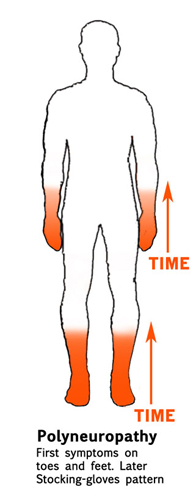
CAUSES OF PERIPHERAL NEUROPATHY
About 60 to 70 percent of people with diabetes and about 30 to 40 percent of people who undergoing chemotherapy develop painful neuropathy6 with limited if any effects from conventional treatments including Lyrica (anti-seizure medication), Cymbalta (antidepressant), and other drugs such as opioids. Stress, alcohol abuse, inflammatory response, carpel tunnel syndrome, autoimmune diseases and certain vitamins deficiencies can cause or contribute to the condition.
For most people, neuropathy can hinder daily quality of life, preventing activity and exercise, a good night sleep, and a pain-free existence. Small nerve-fiber burning is extremely painful, and sometimes it can feel like your feet are on fire all the time. Numbness also can result in foot injuries the person may not be aware of due to lack of feeling. This may result in ulceration that’s hard to treat, sometimes leading to amputations. You may feel the conventional therapy is not helping with pain that’s there every day.
Diabetic peripheral neuropathy is a frequent complication of diabetes associated with significant morbidity and mortality4
- Risk factor for ulcers and amputations5
- Impairs quality of life4
ACUPUNCTURE FOR NERVE PAIN IN FEET AND LEGS
Treatment of pain is a sophisticated balance of art and science. Proper treatment of pain requires a careful evaluation of the type of disharmony (excess or deficiency, cold or heat, exterior or interior), characteristics (qi and/or blood stagnations), and locations (upper body, lower body, extremities, or internal organs). Furthermore, optimal treatment requires integrative use of herbs, acupuncture, Tui-Na, and chiropractic care. All these therapies work together to tonify the underlying deficiencies, strengthen the body, and facilitate recovery from chronic pain.
It is essential to identify and eliminate the cause(s) of neuropathic pain. Without elimination of the offending agent, treatment will offer only symptomatic relief.
Due to the wide range of causes, treatment varies. Our acupuncture clinic focuses on relieving symptoms of neuropathy (pain, numbness and tingling) and the causes. Acupuncture and traditional Chinese medicine (TCM) target both the symptom and the cause of pain, and as such, often achieves immediate and long-term success. Furthermore, TCM pain management is often associated with few or no side effects.
NUTRITION RECOMMENDATION FOR NEUROPATHY
Nutritional balance is essential in the treatment and prevention of neuropathy. It is important to make sure that there is adequate intake of various nutrients in a well-balanced diet. If necessary, supplement the diet with vitamins and minerals. Increase the intake of foods that contain thiamine (vitamin B1), such as green vegetables, vitamin 12, and alpha-lipoic acid to maintain nerve health. Do not consume white sugar and white-flour products, as they deplete the body of B vitamins.
Neuropathy due to metabolic disorders, such as diabetic neuropathy, must be identified, and the root cause treated accordingly. Blood glucose levels must be monitored to ensure that the patient’s levels stay within acceptable range.
Lifestyle Recommendation
- Tight control over blood glucose levels is essential in patients with diabetic neuropathy. Diet, exercise, and herbal treatment will be extremely beneficial in maintaining normal blood glucose levels.
- Avoid unnecessary exposure to toxic agents or intake of harmful drugs.
- Application of hot wraps for half an hour is also effective to relieve pain.
REFERENCES:
- Dorland’s Illustrated Medical Dictionary 28th Edition. W.B. Saunders Company, 1994
- Berkow, R. The Merck Manual of Diagnosis and Therapy 16th Edition. 1992
- Foundationforpn.org
- Vinik AI, et.al. Diabetologia 2000;43: 957-973
- Standards of Medical Care in Diabetes. Diabetes Care. 2004;S1:15-35
- ninds.nih.gov

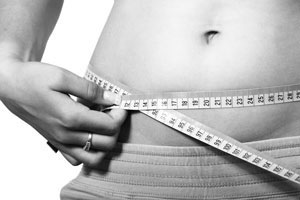

 Stress is a natural response of the body to the various demands we place upon it. In ancient times, our stress response, also known as our fight or flight response, provided us with energy to preserve life during difficult situations, such as an attack or threat by a wild animal. Unfortunately, modern day stress is considerably higher, more frequent and more consistent than what our predecessors experienced. Today, we do not have to look much further than our windows, or computer screens, to view various forms of stressors—everything from prime-time news and road rage, to the forty-hour work week, terrorism talk and cell phones.
Stress is a natural response of the body to the various demands we place upon it. In ancient times, our stress response, also known as our fight or flight response, provided us with energy to preserve life during difficult situations, such as an attack or threat by a wild animal. Unfortunately, modern day stress is considerably higher, more frequent and more consistent than what our predecessors experienced. Today, we do not have to look much further than our windows, or computer screens, to view various forms of stressors—everything from prime-time news and road rage, to the forty-hour work week, terrorism talk and cell phones.
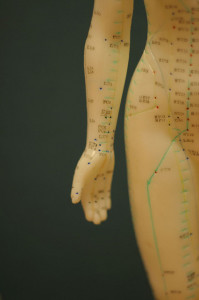 Premenstrual Syndrome (PMS) is often viewed as a “problem” or illness. It’s not. Instead, PMS is a variety of responses to an ordinary event in women’s lives: menstruation. PMS usually occurs monthly, accompanied with specific symptoms and signs that can appear seven to ten days before menstruation and then disappear after the onset of the menstrual flow. To better understand PMS, it is important to look at the whole picture.
Premenstrual Syndrome (PMS) is often viewed as a “problem” or illness. It’s not. Instead, PMS is a variety of responses to an ordinary event in women’s lives: menstruation. PMS usually occurs monthly, accompanied with specific symptoms and signs that can appear seven to ten days before menstruation and then disappear after the onset of the menstrual flow. To better understand PMS, it is important to look at the whole picture.


